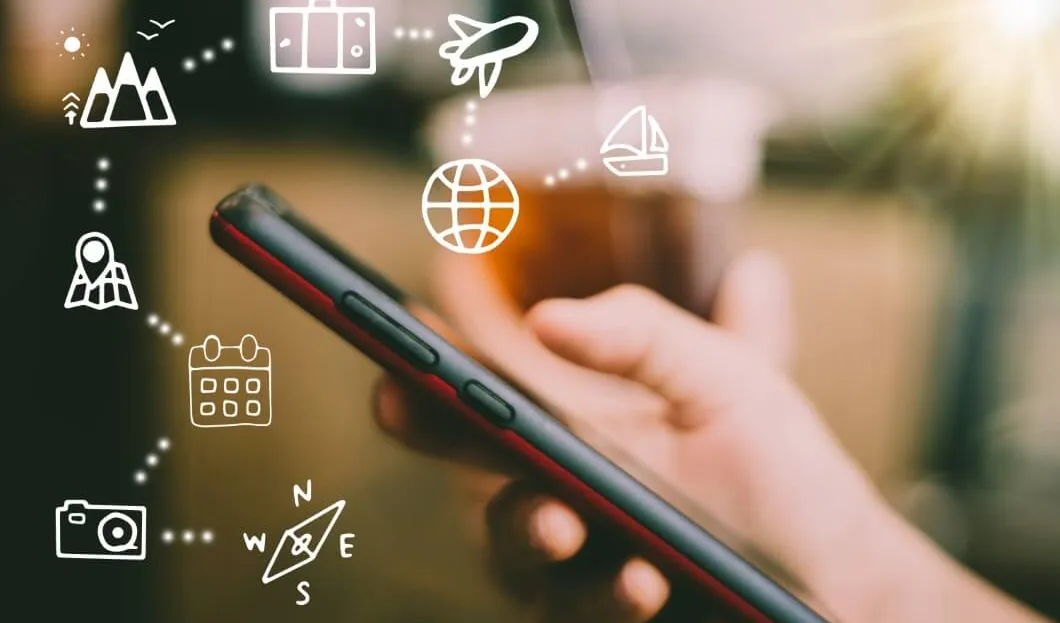
Almost 17 years after Facebook first introduced advertising, the importance of social media marketing and social commerce continues to grow. Marketers are leveraging social media platforms to reach their customers and carefully planning strategies to attract potential and existing customers.
Social content has significantly contributed to tourism growth in certain places, sometimes leading to concerns about overtourism. However, the urgency lies in the fact that many travel and hospitality companies need assistance in accurately measuring the impact of their social media strategies. This lack of understanding is not just a challenge; it's a hurdle due to extended conversion periods, complex digital pathways to booking, and the absence of precise methods to attribute success to social media platforms.
Phocuswright has released a new travel research report titled "Social Media Usage Approach in Travel" as part of a more extensive research series. This report is not just a dive; it's a deep exploration of how social media platforms are used for travel. It not only explores how travelers utilize different platforms for various aspects of their trips and their preferences for other accounts and platforms, but it also examines social media behaviors in travel, including what travelers seek when engaging with branded accounts, 'liking' content, sharing their experiences, or mentioning travel brands. This knowledge is not just valuable; travel and hospitality companies must thrive in the digital age.
By gaining insights into the demographics that engage with social media and understanding the psychology behind user engagement, travel, and hospitality brands can enhance their social marketing strategies and better connect with their target audience.
Most travelers (57%) use social media for their trips. They use it for various purposes, such as finding ideas, general travel information, shopping, making bookings, or sharing content on their pages.
Sharing content is the most common way people use social media during their trips. Almost two-thirds of social media users shared content on platforms (except YouTube) during a recent trip. These posts include permanent posts on the feed and stories that disappear after 24 hours.
Social media platforms are among the most popular online resources for finding travel ideas, second only to general search by a narrow margin. The time spent engaging with travel content on social media has a significant impact: 62% of social media users made specific trip decisions due to viewing social media content.












